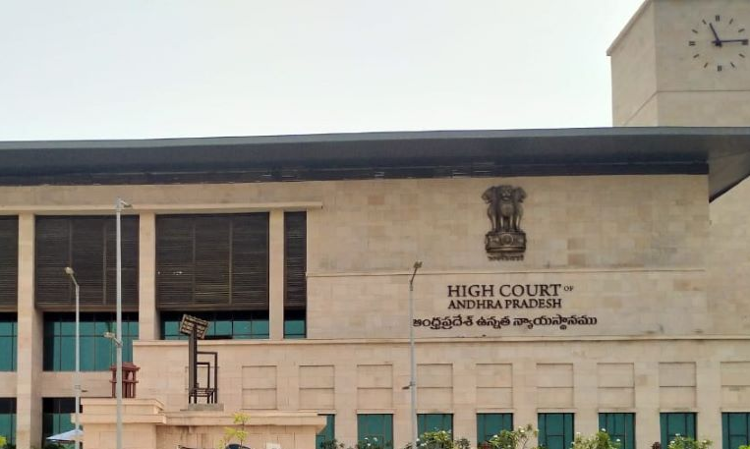The Andhra Pradesh High Court recently held that an Additional District Judge has the jurisdiction to hear and dispose of divorce petitions filed under Section 27 of the Special Marriage Act, 1954.Justice R. Raghunandan Rao added that Section 11(2) of the A.P Civil Courts Act empowers the District Judge to transfer cases to the Additional District Judge, thus strengthening the above...

